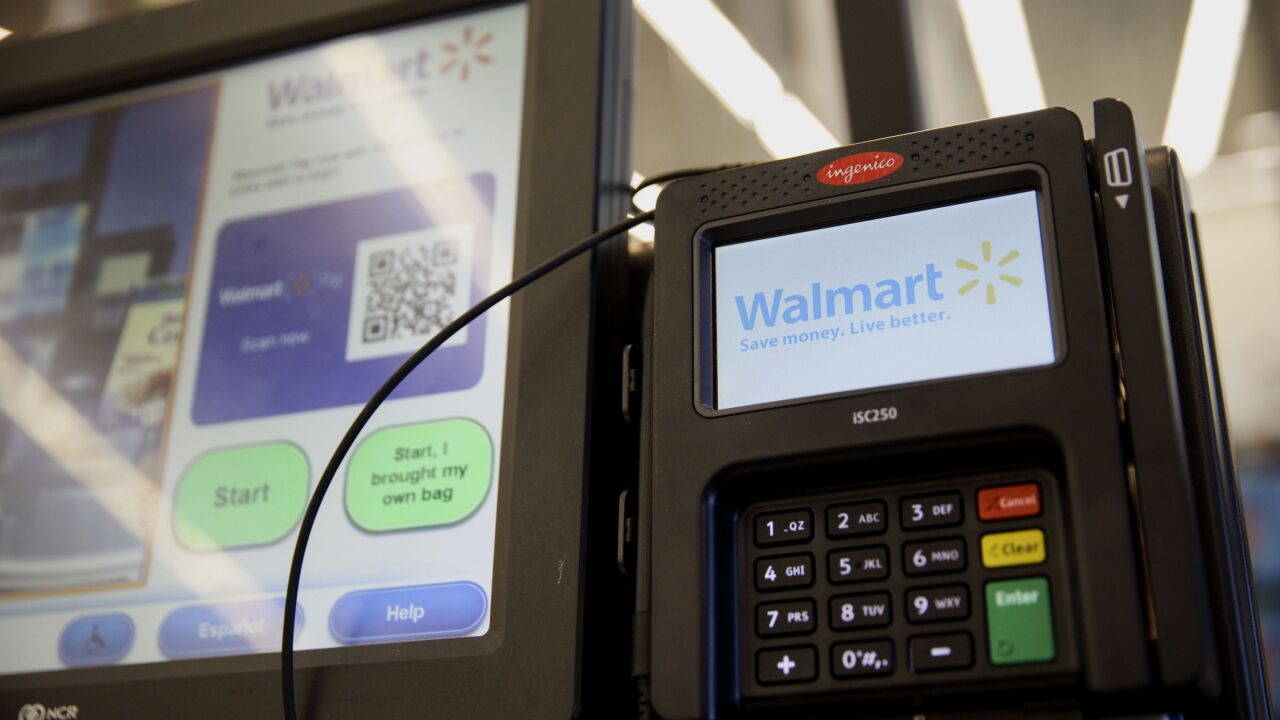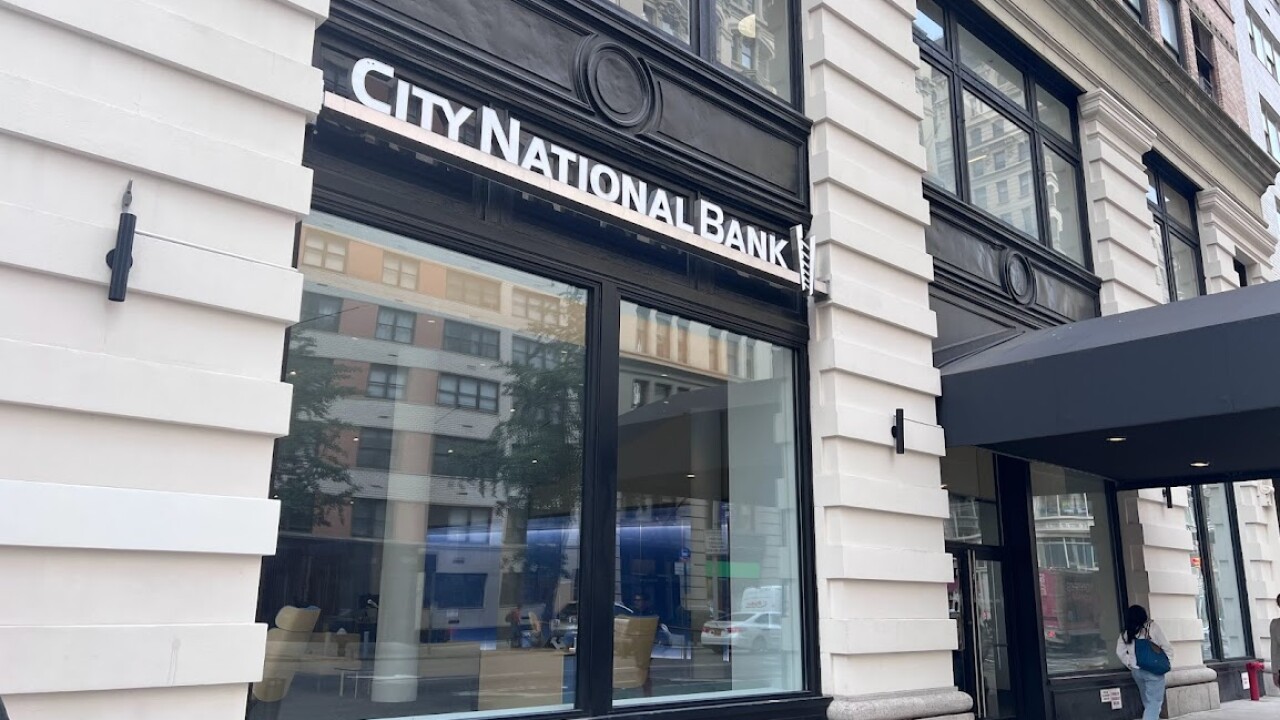
The Federal Reserve is considering
The Fed has proposed a policy change that would open its Fedwire Funds Service and National Settlements Service — both of which enable immediate and irrevocable clearing between large counterparties — on weekends and holidays.
The change would not apply to the Fed's Fedwire Securities Service.
In its proposal, issued Friday, the central bank asks the public to weigh in on the change and its potential impacts, including higher costs for participants and the potential further need to broaden access to the Fed's lending facility of last resort, the discount window.
The Fed has been weighing changes to its payments systems
The failures of Silicon Valley Bank and Signature Bank in March 2023 also raised questions about the Fed's operating hours. Both firms were ill-prepared to use the discount window amid significant deposit outflows, triggering a mad dash for the banks and Fed staffers to come up with workarounds before the Fed closed for business. The efforts were ultimately in vain as the runs on the banks proved too large to overcome.
Under the proposal, the two services would continue to shut down for brief periods each day, with the NSS closing at 6:30 p.m. ET and Fedwire ceasing operations half an hour later. Both would resume operations again at 9 p.m. ET for the next day's services. The Fed notes that those shutdowns would provide banks an opportunity to pause transfers and meet deposit outflows.
The proposal also seeks comments about a potential expansion to 24/7/365 service for the two payments rails.
Fedwire facilitates the settlement of individual electronic funds transfers — typically between banks — for transactions up to just under $10 billion. NSS handles multilateral settlements of private-sector clearing arrangements involving checks, securities and other private sector payments.
In its proposal, the Fed asserts that expanded operating hours could make large-dollar payments activity safer and more efficient by reducing credit risk, especially for systemically large clearing institutions known as financial market utilities.
It also notes that the change could facilitate innovative business models and better align the Fed's services with those of other large banking jurisdictions, many of which are exploring or have already adopted round-the-clock operations.
The Fed itself already offers 24/7 clearing through its retail-focused FedNow service, which
But the benefits to the banking system would not be free. The proposal notes that banks would have to update their own infrastructure and staffing to make use of the expanded programs.
The shift could also pose systemic challenges by facilitating more rapid deposit outflow during periods of stress and potentially exposing the Federal Reserve System's regional banks — which deliver its financial services — to more cybersecurity threats.
The Fed has asked the public to weigh in on these and other factors.
The Fedwire Securities Service settles transactions involving U.S. Treasury securities and securities issued by other agencies as well as government-sponsored entities. In its proposal, the Fed notes staffers do not believe the changes to the other systems would necessitate changes to the securities service.
The potential changes would take effect "no sooner than" 2027, giving the banking system time to adapt to the ISO 20022 protocol, which kicks in next year. The public has 60 days to comment on the proposal.






